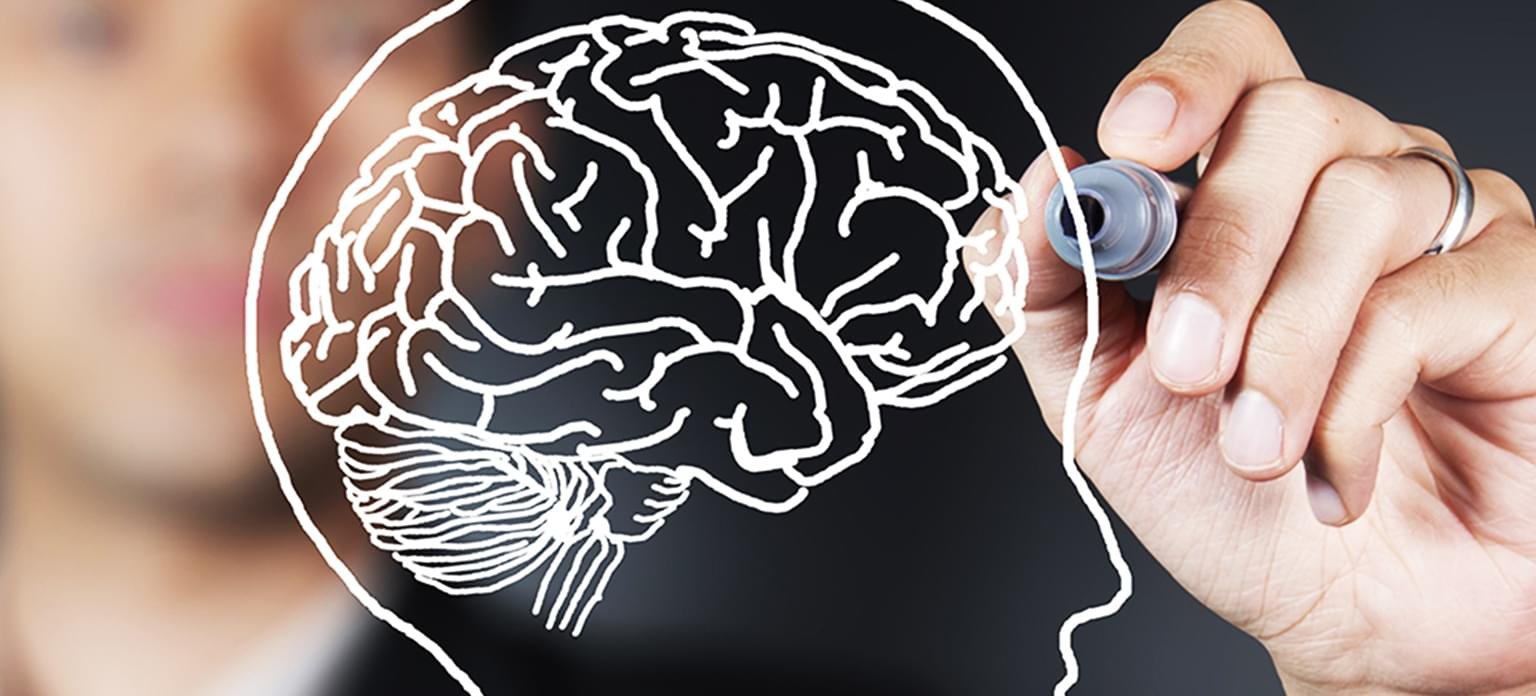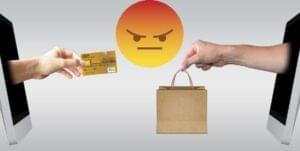Sometimes, that momentary feeling of pleasure can trigger the emergence of a shopping addiction. This can happen when a customer wants to continuously experience the feel-good “hit of dopamine“, thus they slip into a cycle of buying more and more products until it gets out of control.
The retailers are leveraging the power of psychological persuasion to influence your judgments and help you part with your money, whether you are shopping for food, clothes, or gadgets.
Reader in Consumer Psychology at Anglia Ruskin University, Cathrine Jansson-Boyd
You might believe that you only purchase items as needed. To help you part with your money, businesses use the power of psychological persuasion to sway your decisions whether you’re buying food, clothes, or technology.
If you go back in time, I’ll guarantee you can probably recall going into a grocery store only to discover that the layout had been altered. Maybe you couldn’t find the tomato ketchup, or the toilet paper wasn’t where you expected it to be.
Why do stores enjoy shifting things around?
In reality, the solution is straightforward. When objects are moved about a store, we, the customers, are exposed to new items as we rove the aisles looking for the things we need or want. This tactic frequently results in a considerable rise in impulsive purchases since it causes us to spend more time in the store and add more goods to our baskets.
1. Impulsive purchasing
In fact, research indicates that up to 50% of all grocery sales may be the result of impulsiveness, and over 87 percent of shoppers engage in this behavior. It is well known that external shopping cues, such as “buy one get one free” offers, discounts, and in-store promotional displays, play a significant role in consumer behavior, despite the fact that it is complicated and influenced by a variety of factors, including a need for arousal and a lack of self-control.
Making an informed purchase decision is made more difficult by the short surge of pleasure that an alluring offer can cause. We disregard other factors like whether we really need the item and instead focus on the apparent worth of the “save” if we purchase it right away.
It might be challenging to disregard the desire for immediate fulfillment. Another tactic that businesses employ to encourage spontaneous purchases is bundling. You’ve most likely seen it fairly frequently. When complementary goods are bundled together, they have one price and one product, which frequently results in a sizable discount. For instance, video game consoles are sometimes marketed with two or three games included, and grocery stores offer “meal deal” bundles. There are even websites dedicated to a variety of bundle offers.
2. Shopping can be helpful or harmful
While these tactics can help merchants increase their revenues, they can also cause issues for their customers. Undoubtedly, impulsive purchases can harm a consumer’s mental health. It intensifies guilt and shame-related emotions, which can fuel worry, stress, and depression. And it could be much more dangerous if shopping on a whim results in overspending, particularly if people use cash they don’t have.
But, there are also some advantages. Dopamine is known to increase pleasure anticipation and has been found to do so when people shop online. We consequently experience greater excitement as we wait for our purchases to arrive than if we had made them in-store. There is no harm if this delightful emotion is well controlled. Sadly, though, the story does not usually end there. Sometimes, that momentary feeling of pleasure can trigger the emergence of a shopping addiction.
This can happen when a customer wants to continuously experience the feel-good “hit of dopamine”, thus they slip into a cycle of buying more and more products until it gets out of control. On the other hand, shopping can aid in regaining a person’s sense of control. We frequently believe that nothing is within our control when we’re depressed or anxious. Yet, because it gives us the ability to make decisions (such as which store to visit or if we like an item), shopping can restore our sense of personal control and lessen anxiety. It can therefore be a more fulfilling activity than people realize.
3. Retailers can also assist us
Retailers could, if they so choose, work to positively affect our purchasing preferences even though they might not be eager to see us shop less. In the majority of the world’s nations, the fight against obesity is urgently needed. Because of this, starting in October 2022, the UK government will limit the promotion of unhealthy foods—those high in free sugars, salt, and saturated fats—in prominent retail places.
4. It’s a tactic that might be useful
The number of sweet foods purchased can be decreased by up to 76 percent by taking alluring sweets out of the checkout lines. And a recent study indicated that shoppers can be influenced to make better decisions by boosting the availability and advertising of healthier food options (such as selling low-fat chips adjacent to regular chips) and making them more apparent through positioning and imaginative signage use.
In the end, it is up to us to resist things we don’t need or want and to make wise decisions. Being aware of our actions when buying is beneficial. Use a shopping list and attempt to just buy the items on it as an excellent personal method to cut down on browsing. Just remember to be kind to yourself since sometimes it’s easier to say than do.




